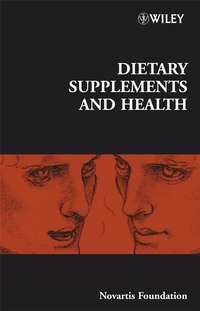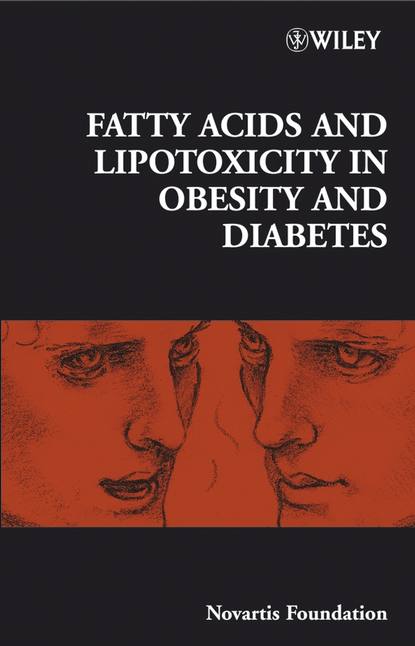Jamie A. Goode - Dietary Supplements and Health

Dietary supplements can contain a wide variety of ingredients, either singly or in combination, including nutrients, botanicals and 'bioactive components' commonly found in foods. They are marketed and used by consumers for a range of reasons: to enhance «well-being», as traditional medicines, for health promotion or disease risk reduction, and as alternatives or complements to conventional drug therapies. On a global basis, the dietary supplement industry has enjoyed rapid growth, becoming a multi-billion dollar enterprise over the last 10 years. This growth has been associated with significant changes in both the types of products available and the reasons for using these products. In many cases, these changes have occurred without the benefit of a sound scientific basis for evaluating the safety and efficacy of these products under the new conditions of use and frequently the same limited scientific evidence is used, even though current product composition, user populations, purported beneficial effects, and conditions of use may differ significantly from the available evidence or historical usage. This book presents systematic examinations of the scientific data that are available and/or needed to substantiate and evaluate the safety and efficacy of dietary supplements. A series of case studies that are illustrative of the types of scientific challenges that have been encountered in substantiating safety and efficacy for various product types are employed to point out some of the successes but also frustrations that have occurred in recent years. Discussions among presenters and participants identify the lessons learned from these experiences and formulate ideas for improved approaches to identifying research needs and for enhancing the quality and relevance of the scientific evidence available for policy decisions. Dietary Supplements and Health constitutes a useful resource for nutritionists, biochemists, public health researchers and anyone interested in herbal, alternative medicines.

















